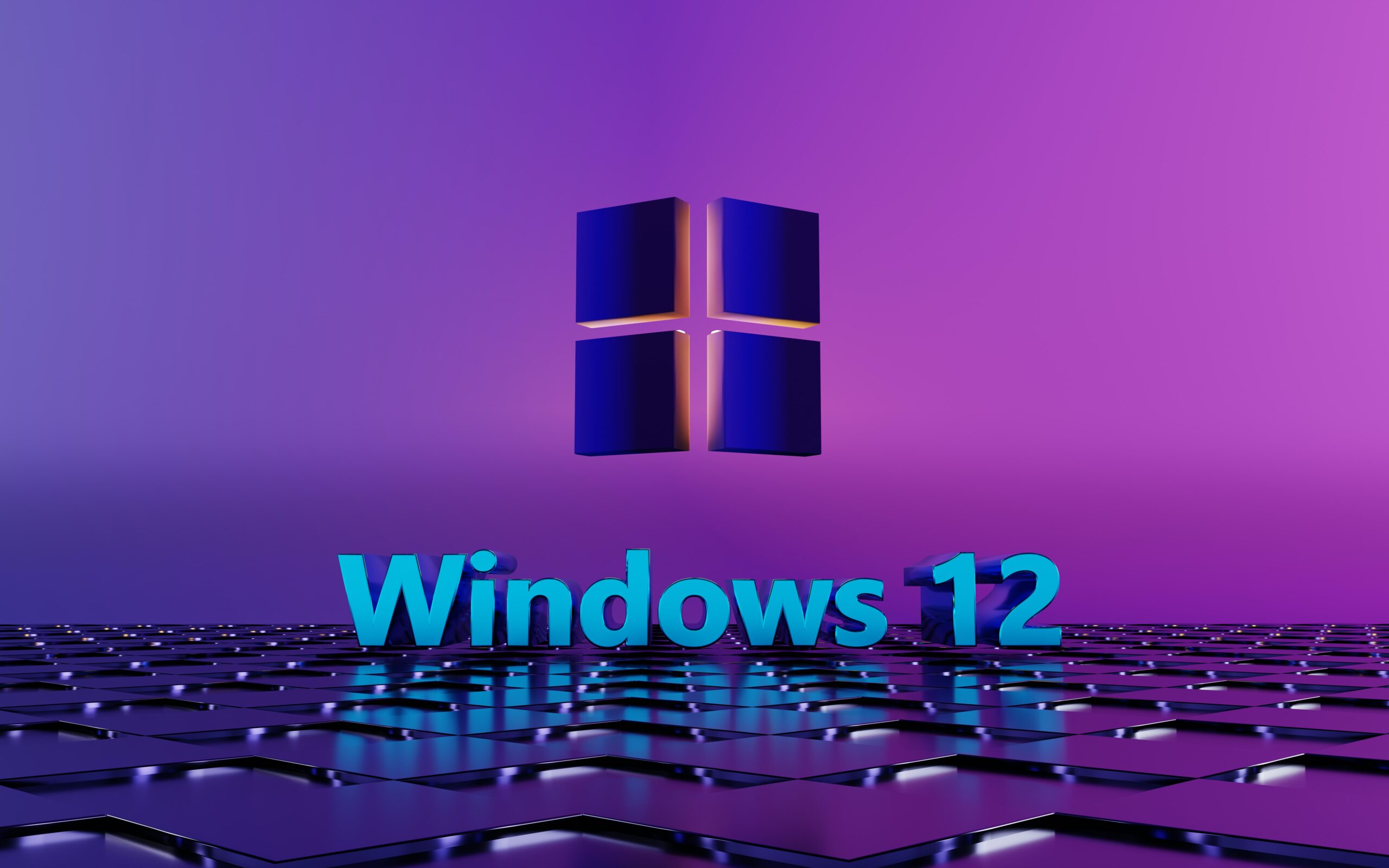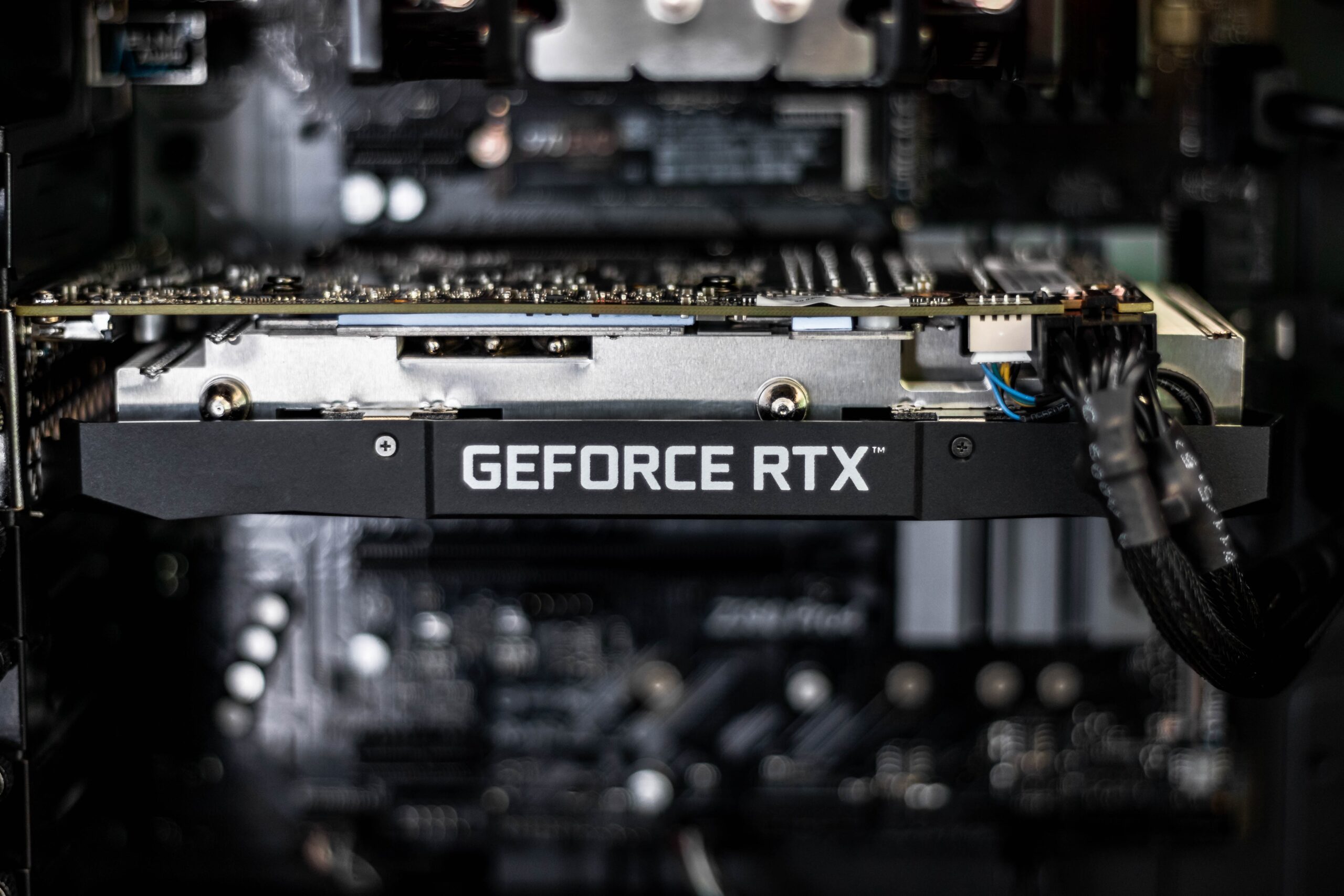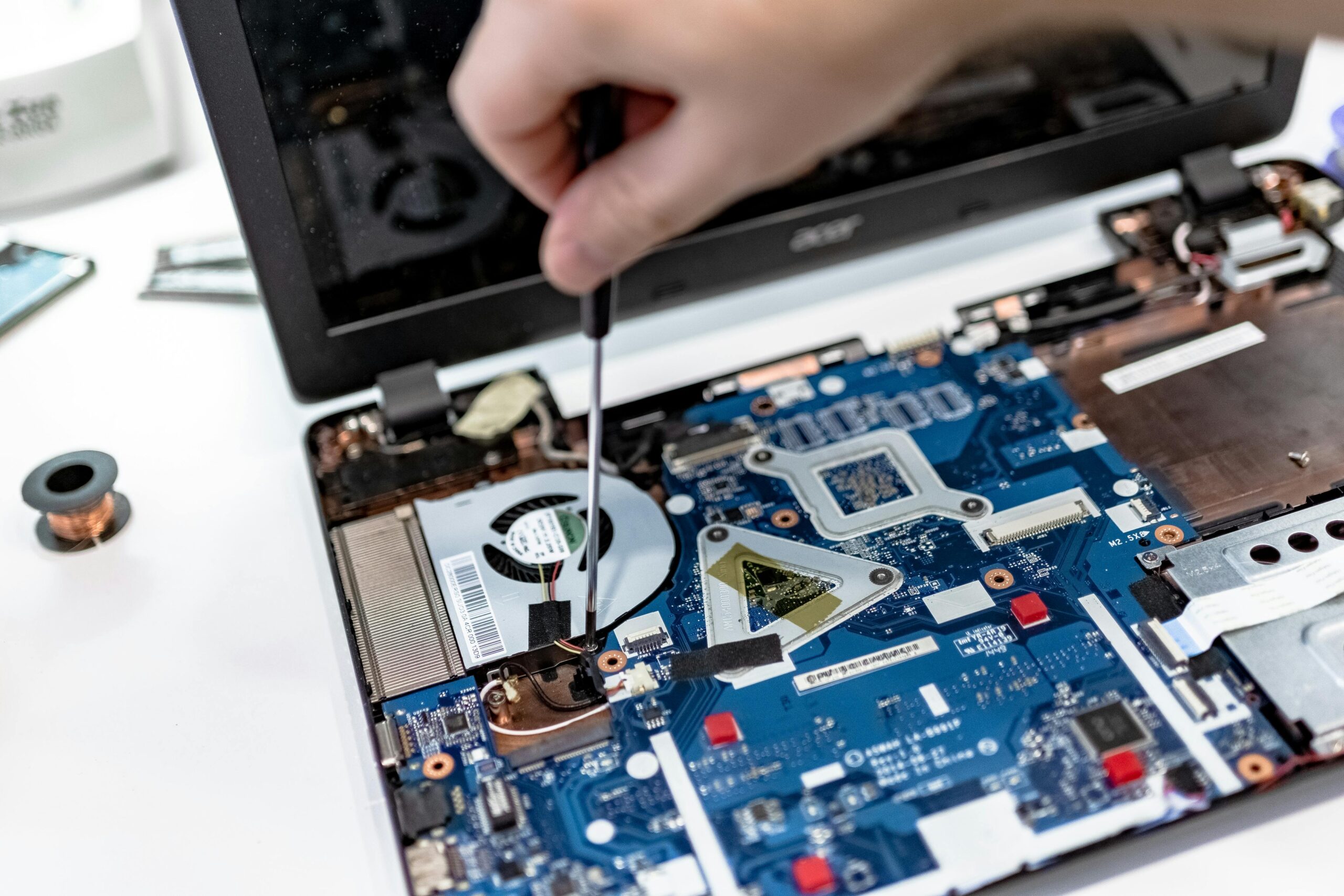Artificial intelligence (AI) has emerged as a transformative force across various industries, and the operating systems landscape is no exception. Windows 12, the latest iteration of Microsoft’s flagship software, embraces this transformative technology, integrating AI into its core functionalities to deliver a more personalized, efficient, and intuitive user experience.
Importance of AI in Modern Operating Systems
The inclusion of AI in modern operating systems is driven by the inherent benefits it offers. From streamlining user interactions to optimizing system performance, AI empowers operating systems to become more proactive, responsive, and adaptable to individual user needs. This shift from reactive to proactive systems marks a significant evolution in the way we interact with technology.
Introduction to Windows 12
Windows 12 builds upon the legacy of its predecessors, introducing a host of new features and enhancements. Amongst these advancements, the integration of AI stands out as a transformative element designed to revolutionize the user experience.
The Evolution of AI in Windows
Microsoft has consistently incorporated AI into its Windows operating systems over the years. Early iterations featured AI applications such as Cortana, virtual assistant, and facial recognition. However, Windows 12 represents a significant leap forward, with AI woven into the very fabric of the operating system.
AI Features in Windows 12
Windows 12 boasts a plethora of AI-powered features that cater to various user needs. Here are some of the most notable:
- Personalized Start Menu: AI learns user preferences and habits, offering personalized recommendations for applications, files, and websites.
- Proactive Task Management: The system anticipates user needs and suggests relevant actions, such as opening frequently used applications or completing tasks based on context.
- Contextual Search: AI understands the user’s search intent and delivers more relevant and accurate results, even for ambiguous queries.
- Improved Accessibility: AI-powered features, such as voice commands and text-to-speech, enhance accessibility for users with disabilities.
- Enhanced Security: AI algorithms detect malware and other threats in real-time, proactively protecting users from cyberattacks.
- Optimized System Performance: AI optimizes resource allocation and power management, resulting in a smoother and more responsive system experience.
Benefits of AI Integration in Windows 12
The integration of AI in Windows 12 offers a multitude of benefits to users:
- Personalized User Experience: AI tailors the user interface and features to individual preferences and needs, making the experience more intuitive and engaging.
- Increased Efficiency and Productivity: AI automates routine tasks and provides intelligent assistance, allowing users to focus on what matters most.
- Improved Accessibility: AI technology promotes inclusivity by offering features that cater to users with diverse needs and abilities.
- Enhanced Security: AI plays a crucial role in safeguarding users from cyber threats by detecting and mitigating potential attacks.
The Future of AI in Windows
The future of AI in Windows holds immense potential. We can expect to see further advancements in areas such as:
- Deep Learning and Machine Learning: These technologies will enable Windows to understand user behavior more comprehensively, leading to even more personalized and predictive experiences.
- Natural Language Processing: AI will become adept at understanding natural language, enabling more seamless and intuitive interaction with the operating system.
- Enhanced Security and Privacy: AI will play an increasingly important role in protecting users from emerging threats and ensuring data privacy.
Conclusion
The integration of AI in Windows 12 marks a significant turning point in the evolution of operating systems. By harnessing the power of AI, Windows has become more than just a software platform; it has transformed into a intelligent assistant that anticipates user needs and facilitates a more personalized, efficient, and productive computing experience. As AI technology continues to evolve, we can expect even greater advancements in Windows, leading to a future where the lines between humans and machines continue to blur, creating a seamless and transformative user experience.




